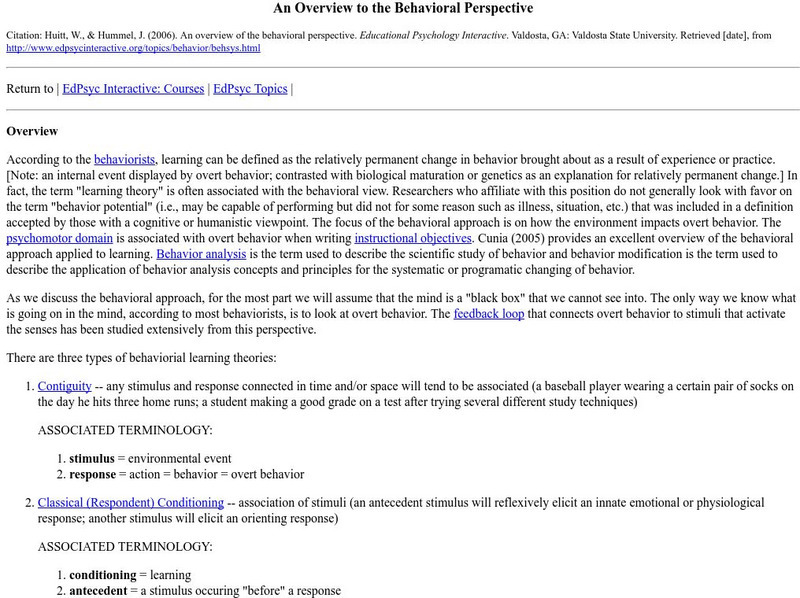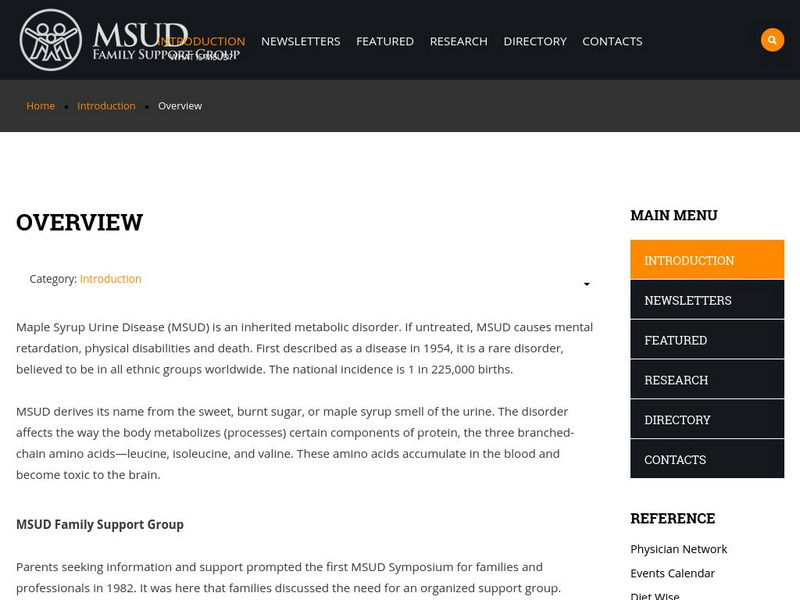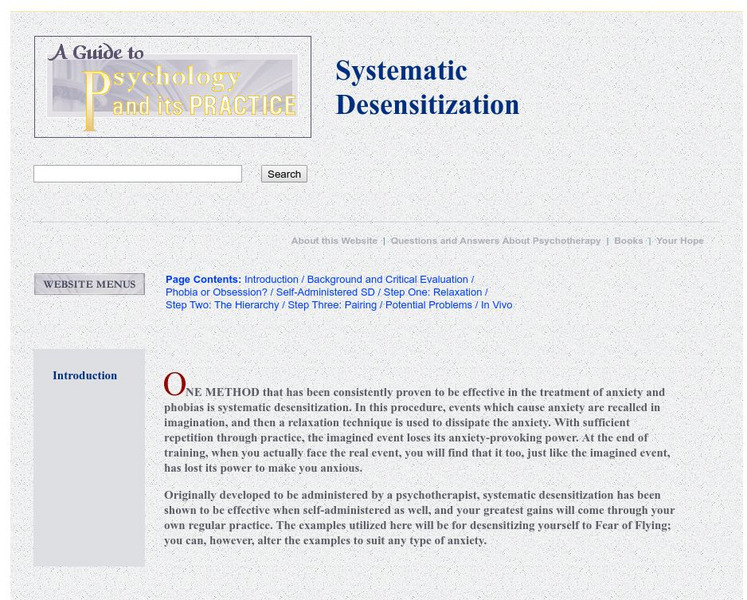Curated OER
CURRENT AND CLIMATE
Students study currents and how they have been used to plot courses for travel. They examine the ocean currents in both the Atlantic and Pacific and discuss their effect on local weather.
Curated OER
Environmental Assessment Course
Students explore how the campus is linked with the larger environment. They investigate how to collect data by interviewing and researching, analyze findings, and make recommendations. Students explore how to present their findings to...
Curated OER
Feedback and Flowcharts
Sixth graders explain what a negative feedback system is and they distinguish it from a positive feedback system. They describe examples of how negative feedback is used in both nature and technology. , Students define homeostasis, and...
Curated OER
Famous Figures in History
Students investigate famous people in U.S. history. In this American history lesson plan, students read about famous people such as Helen Keller and Einstein. Students think of ways they might become famous.
CommonLit
Common Lit: Classical Conditioning
A learning module that begins with "Classical Conditioning" by Saul McLeod accompanied by guided reading questions, assessment questions, and discussion questions. The text can be printed as a PDF or assigned online through free teacher...
Sophia Learning
Sophia: Classical Conditioning
This lesson will examine the principles or origins of classical conditioning.
Sonoma State University
Sonoma State University: Pavlov and Classical Conditioning
Website offers a brief biography of Pavlov and describes his Classical Conditioning model.
York University
Classics in the History of Psychology: Psychology as the Behaviorist Views It
Classical article by John B. Watson (one of the founders of Behaviorism) defining his views on Behaviorism.
York University
Classics in the History of Psychology: Supersition in the Pigeon: B. F. Skinner
Classic study by B. F. Skinner concerning learned behavior in a pigeon.
Blackdog Media
Classic Reader: The Jungle by Upton Sinclair
Classic Reader provides numerous classic works from famous authors. First published as a serial in the Appeal to Reason 1905, one work is The Jungle, by Upton Sinclair. It exposed harsh working conditions in the meat packing industry.
Khan Academy
Khan Academy: Test Prep: Mcat: Behavior: Learning: Classical and Operant Conditioning Article
Conditioning is a type of learning that links some sort of trigger or stimulus to a human behavior or response. When psychology was first starting as a field, scientists felt they couldn't objectively describe what was going on in...
Khan Academy
Khan Academy: Cats and Dogs and Conditioning
Read the passage about cats and dogs and conditioning and then complete the five questions following.
York University
Classics in the History of Psychology: Behaviorism the Modern Note in Psychology
"Behaviorism--The modern Note in Psychology" written by John B. Watson in 1925 was an important paper in the development of Behaviorism in Psychology. It is reproduced in full here.
TED Talks
Ted: Ted Ed: The Difference Between Classical and Operant Conditioning
Peggy Andover explains how the brain can associate unrelated stimuli and responses, proved by Ivan Pavlov's famous 1890 experiments, and how reinforcement and punishment can result in changed behavior. [4:13]
TED Talks
Ted: Ted Ed: Pavlovian Reactions Aren't Just for Dogs
Benjamin N. Witts sketches a few situations in which people are conditioned to react in a Pavlovian way, from dating to parenting. [3:54]
Nobel Media AB
The Nobel Prize: Pavlov's Dog
You have to use the principles behind Pavlov's conditioning experiments in order to play this game and get the dog to drool when he hears a sound. You can also get more information about Ivan Pavlov and his research.
Blackdog Media
Classic Reader: "Ward 6" by Anton Chekhov
"Ward 6" takes place in a mental asylum with dilapidated conditions. Read the full text of this Anton Chekhov short story on this site.
Other
Valdosta State: The Behavioral System
Excellent review of behavioral psychology. Presents the four types of behavioral theories in outline form. Has links to more details.
National Health Museum
Access Excellence: Annual Box Rat Training Competition
This Access Excellence class project describes what students need to raise and train rats using the methods pioneered by the psychologist B.F. Skinner.
Careers New Zealand
Careers New Zealand: Dancer
A thorough description of a career as a dancer. Information includes tasks and duties, personal requirements, how to enter the job market, working condition, employment conditions, and statistics in current job market. A personal profile...
Other
The Auto Channel
Website contains the latest news, issues, road conditions, recalls, and reports for the car owner and auto industry.
Other
Maple Syrup Urine Disease: An Overview
Read about the rare inherited disorder affecting newborn babies and children called maple syrup urine disease(MSUD). Including information on how this condition is inherited and how its different forms affect the body, this article is...
Other
Systematic Desensitization
This personal site by Dr. Ray Richmond thoroughly describes the systematic desensitization process for dealing with anxiety and phobias.
University of California
Berkeley Edu: Animal Behavior [Pdf]
Observable coordinated responses to stimuli. Originates with genes that direct the formation of tissues and organs of the animal body (nervous & endocrine systems).






















